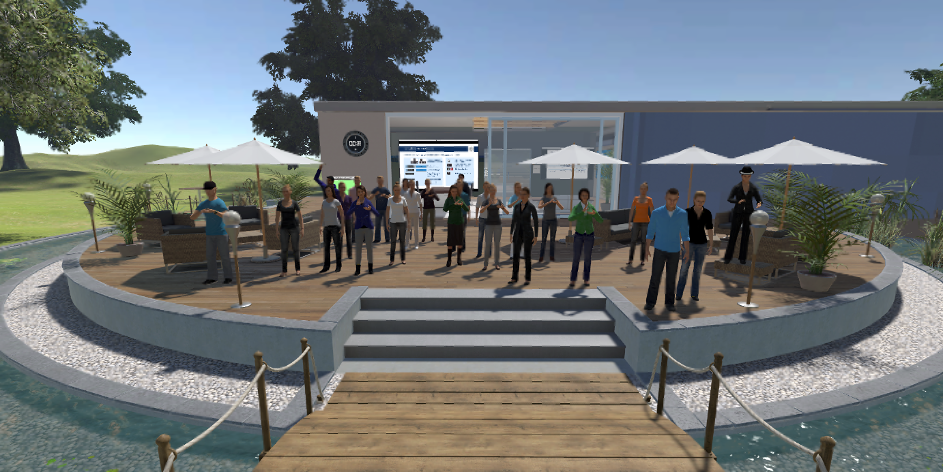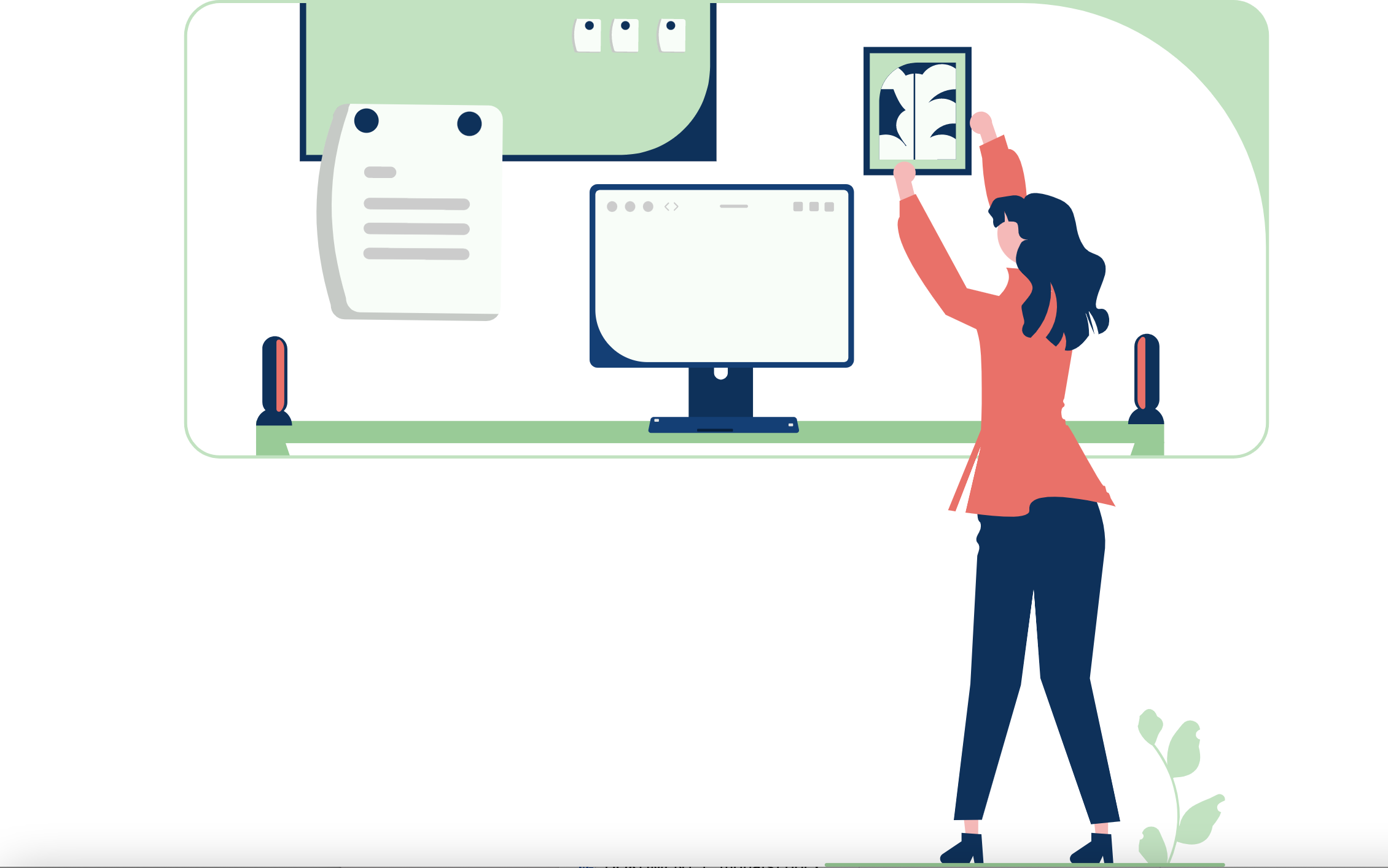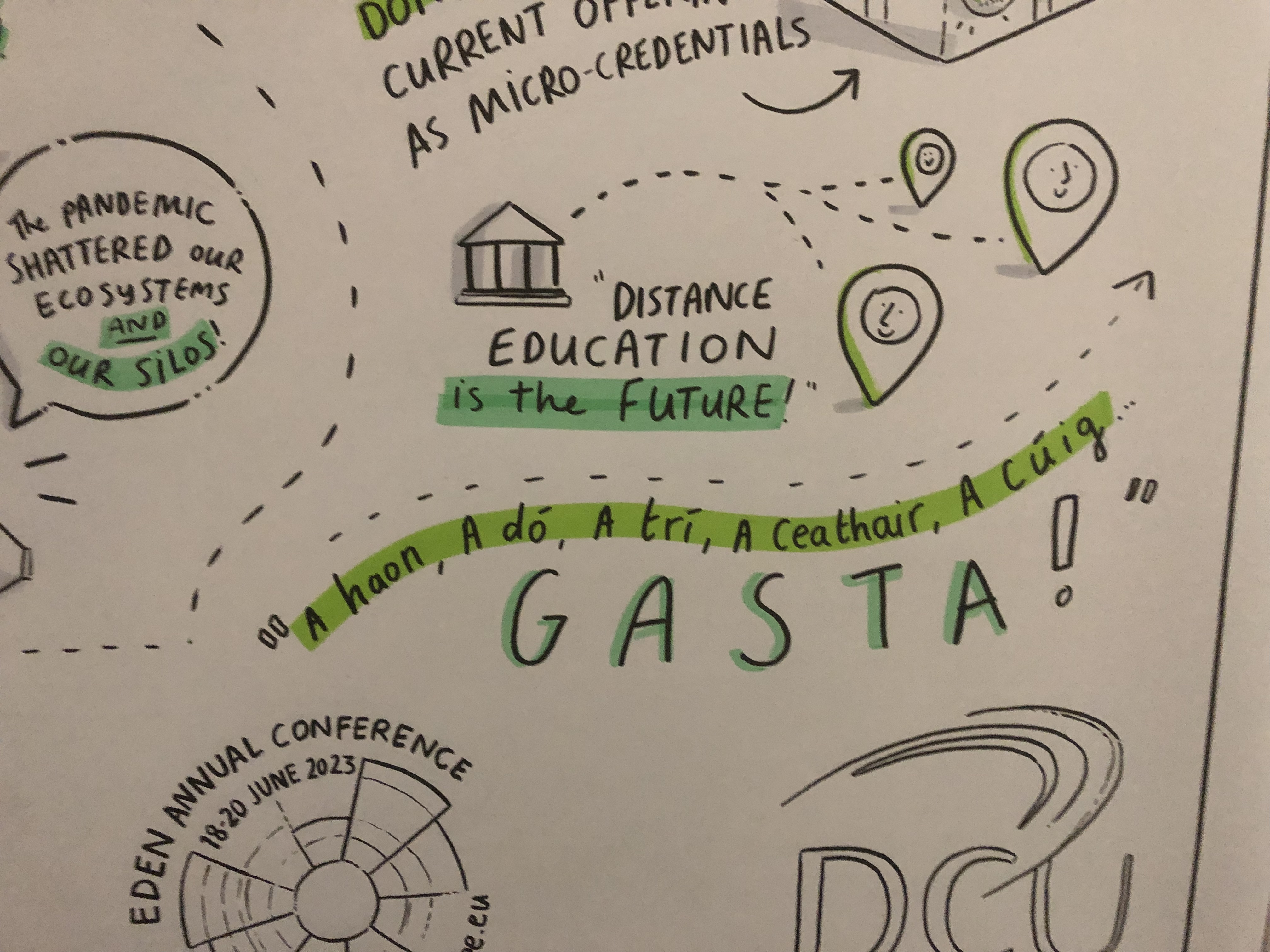Digital transformation processes in vocational training institutions

In the joint project "Change Maker - Changing organizational structures through sustainable media education concepts in educational institutions in the retail sector (VOM_Handel)" (duration 2017-2020), the challenges of digitization for three specific vocational training institutions were examined and "digital" strategies were developed. The educational institutions are under pressure to meet the changing requirements of the digital world of life and work with their offerings. While the area of vocational (initial) training benefited from federal funding programs (BMBF 2007 and following) in order to build up know-how and structures, private education providers in the area of further and continuing education have so far only been able to react to developments at best.
A consortium consisting of the Central Office for Vocational Training in Commerce (https://www.zbb.de/) and the TU Dresden (Media Center: https://tu-dresden.de/mz) as a research partner. It was developed and tested in three educational institutions in the trade: KOMPASS gGmbH (https://kompass24.net/), the BZH Education Centre Trade and Services non-profit GmbH (https://bzhessen24.de/) and the food akademie Neuwied GmbH (https://www.food-akademie.de/).
Basically, the question should be answered:
≫Which (media education) concepts are necessary to enable sustainable and viable organizational development that includes the structural anchoring of the use of media, the integration of the information technology infrastructure as well as media didactics and media education in the use of digital media? ≪
The management level, the middle management level and the lecturers or honorary lecturers were included, as were the administrative staff.
In order to achieve the project goals, five steps were differentiated, the design of which is set out in a transfer concept1 described and explained in more detail.
First, the “digital reality” of educational institutions was determined using case studies (a conglomerate of expert interviews, document analysis and online surveys) as the current status2 The competencies required to manage the change process were determined on the basis of the competency atlas by John Erpenbeck3 and the media competence model by Dieter Baacke4 and described as the “Competence Model for Digitalization in Educational Institutions (DiB)” (see http://vom-handel.zbb.de/themen/medienkompetenz-2/). In the third step, change management workshops were held with the management level to formulate a vision for the digitalization of the educational institution. Concrete company goals were derived from this.
In order to establish an increased use of digital media for teaching and learning at the educational institutions involved in the project, the fourth step was to test the practical feasibility at lecturer level in the commercial management course. To this end, the participating educational institutions developed so-called media usage modules for thematic focal points of the educational offering. Lecturers who carried out the project received coaching in advance and any necessary further training. The modules were tested in the classroom courses. The summative evaluation carried out afterwards served on the one hand to collect and assess the perceived effectiveness of digitally supported teaching among teachers and learners and, in a broader sense, to demonstrate the feasibility and effectiveness of the media education concepts developed.
For sustainable implementation, the media education concept was combined with an action plan and a communication and controlling concept in a fifth step.
With the help of the media education concepts developed in the project, the resulting implementation plans and the change management workshops, a digitization strategy with concrete goals was initiated at all three retail educational institutions involved in the joint project and media education was established at all levels of the organization. The development of visions and goals for the digital transformation of the institution-specific organizational structures took place with the involvement of various internal stakeholders. Here, successes were already achieved in the short term, especially with regard to teaching and learning. The reorganization of business processes and the increased implementation of digital media in administration and teaching-learning processes led to effective and efficient workflows and design approaches. The conditions of the corona pandemic for teaching and learning at the educational institutions, which were not foreseeable at the start of the project, were mastered through conceptual and strategic preparatory work in the project.
In the medium to long term, the use of digital media envisaged by the project partners can lead to improved quality of educational offerings and greater competitiveness.
On the project website https://www.zbb.de/projekte/change-maker/ The project results will be made available free of charge to anyone interested.
Authors: Sandra Horeni, Dr. Jörg Neumann
FROM_TRADE
Project duration: 01.09.2017 – 31.12.2020
Project collaboration: Dr. Jörg Neumann, Lisette Hoffmann, Sandra Horeni, Sabrina Herbst

References:
1 See transfer concept. 5 steps to anchoring media education – a guide for educational institutions in the retail sector. Available at: http://vom-handel.zbb.de/wp-content/uploads/2021/04/Handlungsleitfaden_zur_Verankerung_von_Medienbildung.pdf)
2 See Neumann, J., Hoffmann, L. & Baumgarten, K. (2018): Research report: Digitization in educational institutions in the retail sector. Case studies as an analysis of the current status in the BMBF joint project VOM_Handel, Technical University of Dresden. Available online: https://nbn-resolving.org/urn:nbn:de:bsz:14-qucosa2-322832 (31.03.2020) and Hoffmann, L., Neumann, J. (2019): The "digital reality in educational institutions in the retail sector. Results from the research project VOM_Handel. In: Jörg Hafer, Martina Mauch & Marlen Schumann (eds.): Participation in the digital educational world, Münster: Waxmann. Available online: https://www.waxmann.com/?eID=texte&pdf=4006Volltext.pdf&typ=zusatztext (31.03.2020)
3 See Erpenbeck, J., von Rosenstiel, L., Grote, S. (eds.) (2013): Competency models of companies: with practical tips for successful management of competencies. Stuttgart
4 See Baacke, Dieter (2001): Media competence as a pedagogical concept. In: Society for Media Education and Communication Culture (GMK) (ed.): Media competence in theory and practice. Brochure as part of the project “Media generation – competent in the media future (funded by the BMFSFJ).






